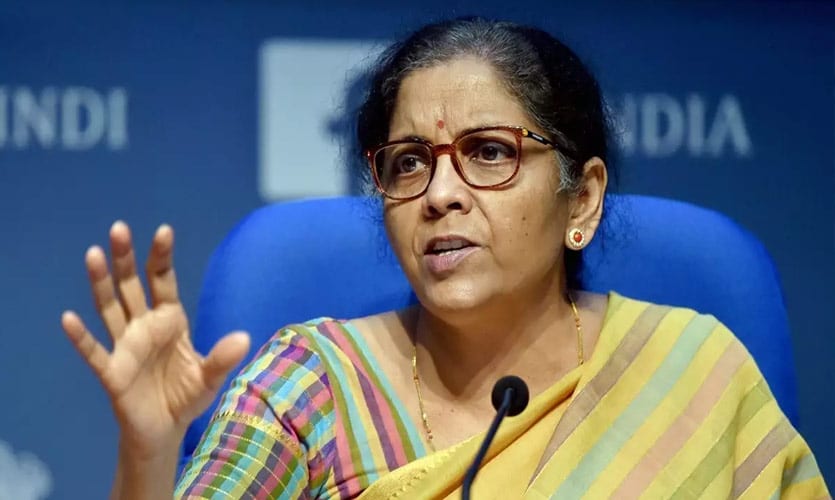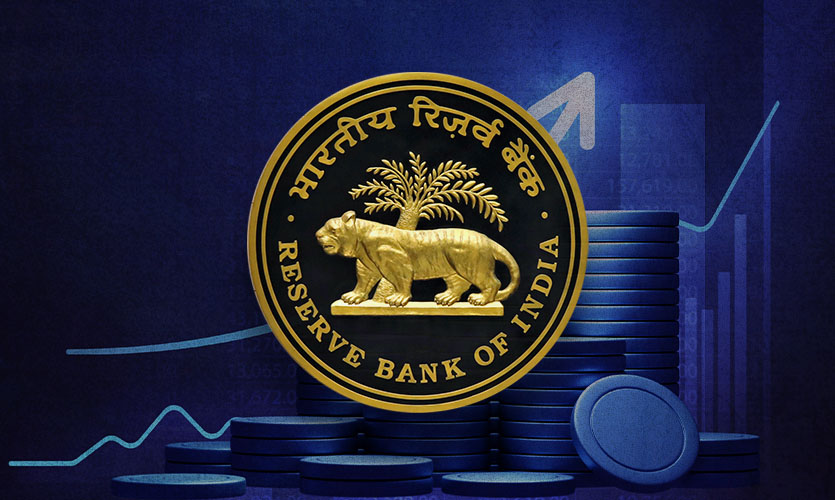The Lok Sabha, on August 5, scrapped the controversial 2012 law that retrospectively levied capital gains tax on companies for the indirect transfer of their Indian assets. Finance and corporate affairs minister Nirmala Sitharaman tabled the Taxation Laws Amendment Bill, 2021 that aims to withdraw the retrospective tax.
“The Bill proposes to amend the Income-tax Act, 1961 so as to provide that no tax demand shall be raised in future on the basis of the said retrospective amendment for any indirect transfer of Indian assets if the transaction was undertaken before 28th May 2012,” the government said.
There was a recent tussle between two foreign companies and the government of India, where Cairn Energy Plc and Vodafone Group Plc refused to pay the tax law fines imposed by India and approached the Permanent Court of Arbitration at The Hague, Netherlands. Both companies had held India’s tax demands as erroneous and claimed a breach of trade obligations.
In both cases, the verdict went in favour of Vodafone and Cairn Energy. While there were no major damages or refunds in Vodafone’s case, the government was asked to award $1.4 billion to Cairn Energy in damages. India refused to acknowledge the arbitration court’s verdict, and Cairn moved many courts across the world to seize Indian assets. It had frozen Indian state-owned assets worth over $23.60 million, in Paris.
The new bill comes as a respite to these companies as the government will refund the amount paid without any interest. Following this, companies should not go into arbitration and withdraw litigations pending before any forum.
“Retrospective tax has been a weight on the shoulders of India, this new move is a very positive signal for foreign investors,” said Uday Walia, one of the lawyers who represented Cairn, to NDTV.
In an attempt to fix India’s damaged reputation and address concerns of foreign investors, Sitharaman said, “In the past few years, major reforms have been initiated in the financial and infrastructure sector which has created a positive environment for investment in the country. She continued, “However, this retrospective clarificatory amendment and consequent demand created in a few cases continue to be a sore point with potential investors.”
An End to “Tax Terrorism”
The retrospective tax law was introduced in the union budget for 2012-13 by the late Pranab Mukherjee, the then finance minister during the United Progressive Alliance (UPA) government. An amendment to the Finance Act enabled the tax department to impose retrospective capital gains tax for deals involving the transfer of shares in foreign entities located in India after 1962.
The law was introduced following a Supreme Court verdict in favour of the US-based Vodafone. It all started with Vodafone’s acquisition of a 67 percent stake in Hutchison Whampoa’s operations in India for over $11 billion in 2007. The legal paperwork and other documentation for the deal were completed outside India, but the Indian government said Vodafone was liable to pay capital gains tax on the deal as it involved the transfer of assets located in the country.
In an attempt to penalise Vodafone, many other companies got caught in the crossfire and have created a host of problems for India over the years. The National Democratic Alliance (NDA), which formed the opposition at the time, had termed this “tax terrorism” and former finance minister, the late Arun Jaitley, had promised to stop the retrospective tax levy. However, Jaitley had assured that the law would be used to pursue only pending assessments. There was no mention of scrapping the law. No new cases of retrospective taxes have been raised under the NDA’s seven years in office.
According to the government, the retrospective tax demand has been raised in seventeen cases. In two cases, assessments are pending due to stay granted by the High Court. Out of the said seventeen cases, arbitration under the Bilateral Investment Protection Treaty with the United Kingdom and the Netherlands had been invoked in four cases. These include Vodafone and Cairn, where the arbitration tribunal ruled in favour of taxpayers and against the Income Tax Department.
Finance secretary T.V. Somanathan told CNBC TV-18, “India is committed to predictability in taxation.” Somanathan clarified that around ₹8,100 crore has been collected so far in the form of retrospective tax, “which includes over ₹7,000 crore collected from Cairn UK”.
Read more: Is The Funding Boom In Startup India Sustainable?
The Way Forward
The issue of legal battles will not disappear overnight. The government’s latest ruling is aimed to put the ball in the companies’ court. “Now it depends on companies to come forward,” India’s revenue secretary, Tarun Bajaj, told Reuters.
“It is perhaps the boldest move taken in the history of Indian tax laws,” said Bijal Ajinkya, partner at the law firm Khaitan & Co. However, the government has decided to not pay the interest component with the money it refunds to companies, which might “push some affected entities to consider continuing with ongoing litigation,” added Ajinkya. Many of these cases are long pending, and the tax amounts are sizable.
Overall, experts expect the decision to bring back the lost confidence of foreign investors. “Yesterday’s Bill introduced by the Finance Ministry will only encourage more international investments into India and is a welcome relief for companies who have long invested in the country. The US-India Strategic and Partnership Forum (USISPF) is proud to have worked on this issue for many years,” Mukesh Aghi, president and CEO of the USISPF said on August 5. “USISPF applauds India’s move to withdraw the retrospective tax amendment relating to tax on indirect transfers,” said Aghi in his statement.










